Seek and discover, discover and know, know and become enlightened.
Mā te kimi ka kite, Mā te kite ka mōhio, Mā te mōhio ka mārama.
Here you can find additional resources, information on practicalities, and how to connect with others to help you and your whānau.
Diet & nutrition in pancreatic cancer
Microbiome & cancer
The role of nutrition in cancer prevention
The importance of healthy lifestyle choices
Maintaining healthy habits
The importance of gut health
Sleep science
Pancare provide a series of pre-recorded webinars where you can find useful information on:
Living well
Managing side effects
Exercising with cancer
Cancer Information - Non cancer type specific
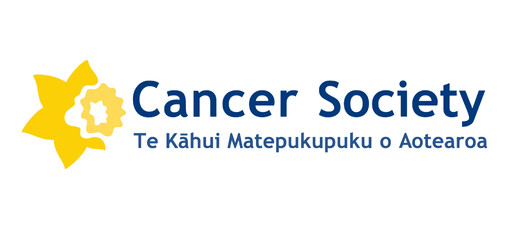

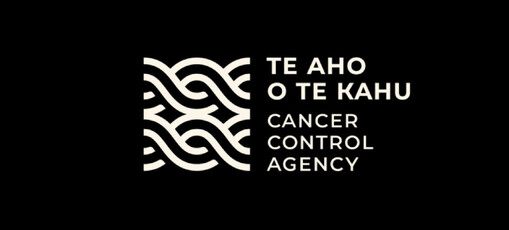

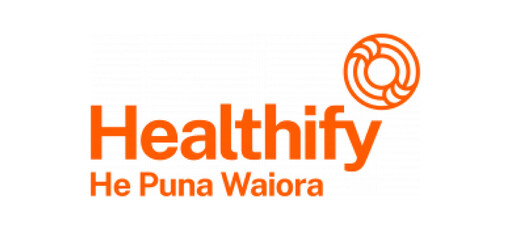

Cancer information – Cancer type specific


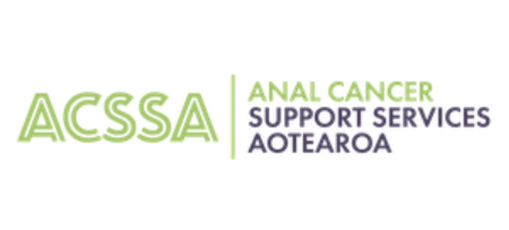
Other Resources
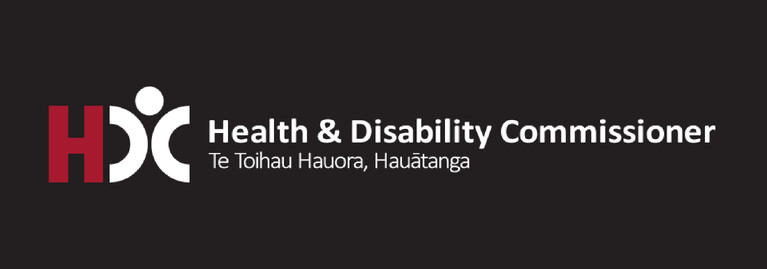

Cancer Information - Non cancer type specific

Cancer Information - Cancer type specific


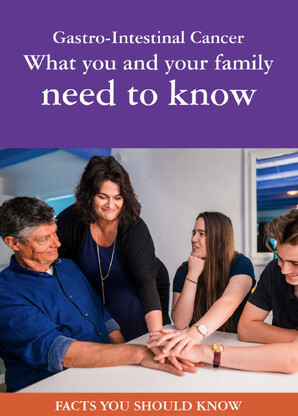







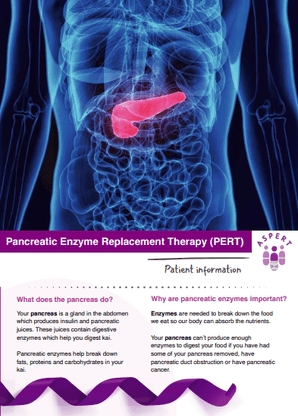
A problem is solved by continuing to find solutions.
I orea te tuatara ka puta ki waho
Glossary of terms
General Practitioner (GP)
Visiting your GP is normally the first step when you are concerned about health symptoms. If they feel that you require more investigations or follow up they will recommend you to see a GI specialist. Remember that many people who are recommended to see specialists do not end up having gut cancer.
Oncologist
An oncologist is a doctor who treats cancer and provides medical care for a person diagnosed with cancer. An oncologist may also be called a cancer specialist.
Specialist - The specialists may request further tests to ensure that they fully investigate any areas of concern. They will continue to monitor you if ongoing treatment is required.
Clinical nurse specialist
A Clinical Nurse Specialist (CNS) is an experienced Registered Nurse who works as a clinical expert in a specialised area of healthcare. A CNS utilises advanced nursing knowledge, evidence based research and critical thinking to influence nursing practice and improve patient outcomes.
Registered nurse prescriber
Registered nurse prescribers in primary health and specialty teams are designated to prescribe from a schedule of common medicines for common and long-term conditions.
Nurse practitioners
Nurse practitioners have a distinct scope of practice to registered nurses and are authorised to prescribe medicines directly to patients.
Physiotherapist
Physiotherapists help people regain movement and function after they have been affected by an injury, disability or health condition. They also give advice on how to prevent injuries.
Occupational therapist (OT)
Occupational therapists work in both clinics and the community to support patients to get back to their everyday tasks following an injury or illness.
Social worker
Social workers provide care, advice and support to people with personal or social problems, and help with community and social issues.
Health psychologist
Health Psychologists work with people diagnosed with physical health conditions, to assist them with their adjustment to diagnosis, coping strategies, sleep, exercise and eating, and ‘riding the roller coaster’ of emotions that often accompany a cancer diagnosis (for patients and whānau alike).
Exercise physiologist
Exercise physiologists specialise in clinical exercise interventions for a broad range of people at risk of developing, or have existing, medical conditions and injuries. They aim to prevent and/or manage chronic disease/injury, and assist in restoring one’s optimal physical function, health and wellness.
Radiologist
Radiologists are medical doctors that specialise in diagnosing and treating injuries and diseases using medical imaging (radiology) procedures (exams/tests) such as X-rays, computed tomography (CT), magnetic resonance imaging (MRI), nuclear medicine, positron emission tomography (PET) and ultrasound.
Kaiāwhina
Kaiāwhina work to support Māori through illness. They are able to provide you support and connect you to Māori support services.
Health support workers
Support workers help people with health problems or disabilities to carry out daily tasks, such as housework, and enable them to be as independent as possible.
Dietician
An expert in identifying and treating disease related malnutrition.
Nutritionist
Someone who can advise on nutrition and how this can impact on health.
Speech pathologist
An expert in identifying and treating disorders that can affect speech.
English to Māori Glossary
Kuputaka reo Pākehā ki te reo Māori
A
English | Māori |
|---|---|
Active (keep) | Kori |
Advanced cancer | Mate pukupuku pakeke |
Age | Pakeke |
Agitation | Kakare |
Agitated | Pōkeka |
Alcohol use | Inu waipiro |
Anxiety | Anipā |
B
English | Māori |
|---|---|
Bacteria | Huakita |
Barium enema | Kuhitou Waitāmura |
Bile | Waiate |
Bile duct | Pū Waiate |
Bile duct cancer | Mate pukupuku pū waiate |
Biopsy | Tīpako pūtautau |
Bowel | Kōpiro |
C
English | Māori |
|---|---|
Cancer | Mate pukupuku |
Changes | Panoni(tanga) |
Chemotherapy | Haumanu matū |
Chemotherapy Infusion | Haumanu Matū Pāhekoheko |
Chewing and swallowing | Ngaungau me te Horomi |
Cholangiography | Tiro kouwai iaia waitae |
Click | Pāwhiri (hia) |
Colonoscopy | Tiro oranga kōpiro |
Common | Tōkau |
Computed Tomography (CT Scan) | Matawaitanga-ā-rorohiko |
Constipation | Kōroke/ Kōreke |
D
English | Māori |
|---|---|
Develop | Whakawhanake |
Diagnose | Tautohu(nga) |
Diagrammatic representation | Hoahoa whakaahuahanga |
Diarrhoea | Kotere |
Diet | Whiringa kai |
Dizziness | Takaānini |
Duodenum | Pohokauiti |
E
English | Māori |
|---|---|
Endoscopy | Tiro Oranga Whēkau |
Endoscopic Ultrasound | Oro Ikeike Tiro Oranga Whekau |
Endocrine | Taiaki |
Environmental risk factor | Pūtake tūraru ā taiao |
Ethnicity | Mātāwaka |
Exocrine | Repe |
Extended | Auroa |
External beam radiation therapy | Haumanu Iraruke pūhihi rāwaho |
F
English | Māori |
|---|---|
Family history | Hītori whānau |
Fatigue | Ruha |
Feeling full | Pūnaunau |
G
English | Māori |
|---|---|
Gallbladder | Kouawai |
Gallbladder cancer | Mate pukupuku kouawai |
Gender | Ira |
Genetics | Huaira |
Gland | Repe |
Gut | Kōpiro |
H
English | Māori |
|---|---|
Heartburn (indigestion) | Tokopā |
I
English | Māori |
|---|---|
Infection | Poke |
Information | Pārongo, Mōhiohio |
Irritation (skin) | Mangeo |
L
English | Māori |
|---|---|
Life expectancy | Wā Ora |
Liver | Ate |
Loss of appetite | Hiakai kore |
M
English | Māori |
|---|---|
Magnetic Resonance Imaging | Whakaahua Ponguru Autō |
Malabsorption | Whākapi miti |
Manage | Whakahaere |
Morbidity | Tahumaero |
Mortality | Matenga |
Metabolism | Whakarau pūngao |
Metastases | Hora mate |
Mouth | Waha |
N
English | Māori |
|---|---|
Nausea | Whakapairuaki |
Node | Tīpona |
Non-malignant cancer | Pukupuku ngū |
Nutrition | Taioranga |
O
English | Māori |
|---|---|
Obesity | Mate mōmona |
Oesophagus | Pūkai |
Option | Kōwhiringa |
Overweight | Pukunati |
P
English | Māori |
|---|---|
Pain | Mamae |
Palliative Care | Pairuri |
Pancreatic Cancer | Mate Pukupuku Repetaiaki Huka |
Peripheral neuropathy | Pūtau iotaiaki mōwaho |
Periscope | Poutiro |
Perspective | Whakataurite |
Professional caregiver | Mātanga Mohimohi |
Prognosis | Matapae (nga) |
Positron Emission Tomography | Matawaitanga Whakarau Pūngao |
R
English | Māori |
|---|---|
Radiation Therapy | Haumanu Iraruke |
Risk Factors | Pūtake Tūraru |
Risks | Tūraru |
S
English | Māori |
|---|---|
Side effects | Mate āpiti |
Smell | Rongo kakara |
Societal risk factor | Pūtake tūraru ā porihanga |
Spread | Tīrara |
Stage | Tūātupu |
Statistics | Tauanga |
Stress | Pōkaikaha |
Surgery | Poka/ Pokanga |
Symptoms | Tohumate |
T
English | Māori |
|---|---|
Targeted Therapy | Haumanu Heipū |
Taste | Hā/ Rongo tāwara |
Tips (helpful) | Ngā kupu āwhina/ Kōrero āwhina |
Tobacco use | Momi tūpeka |
Treatment | Rongoā/ Maimoatanga |
Treatment options | Ngā kōwhiringa rongoā |
Tumour | Pukupuku |
U
English | Māori |
|---|---|
Ultrasound | Oro Ikeike |
V
English | Māori |
|---|---|
Vomiting | Ruaki |
W
English | Māori |
|---|---|
Website | Pae Tukutuku |
Weight loss | Heke taumaha |
For more information, also visit these pages:
Donate to GCF today
We appreciate any support you can give to help fund clinical research and raise awareness of gut cancers.